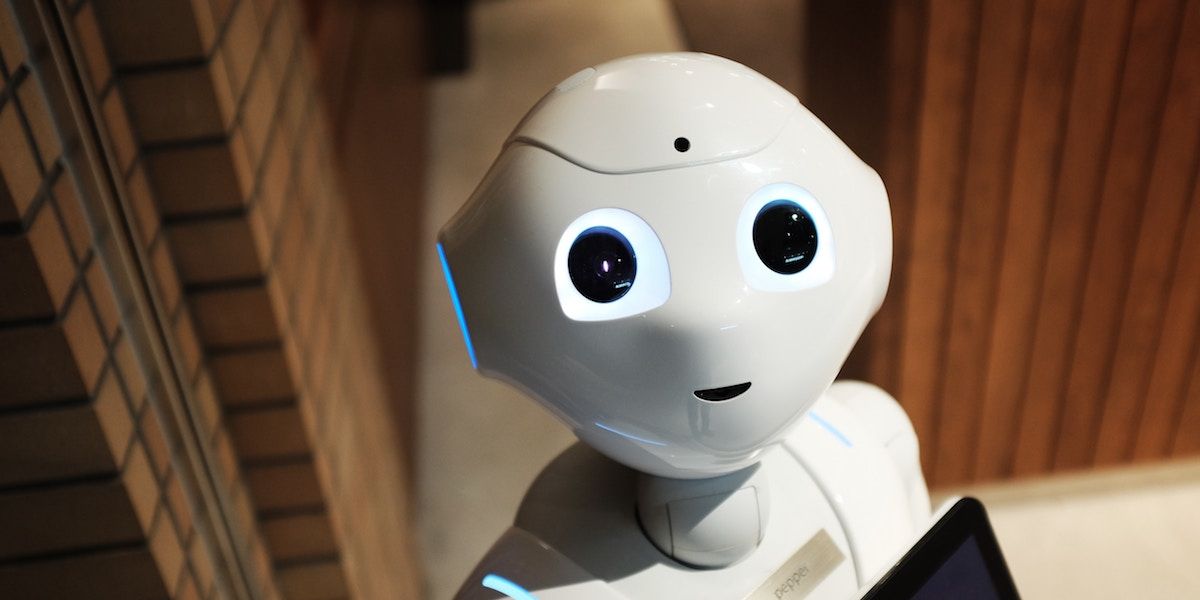“This is the dark side of technological revolutions and that dark side has always been there,” Haldane added. “That hollowing out is going to be potentially on a much greater scale in the future, when we have machines both thinking and doing — replacing both the cognitive and the technical skills of humans.”
Haldane said that the so-called Fourth Industrial Revolution — a digitally-driven paradigm shift similar to previous industrial revolutions in the West — had the potential to displace numerous jobs and leave people “technologically unemployed.”
“Each of those [industrial revolutions] had a wrenching and lengthy impact on the jobs market, on the lives and livelihoods of large swathes of society,” Haldane told the BBC.
The BOE economist cautioned that previous industrial revolutions resulted in “heightened social tensions,” “financial tensions” and “inequality.” The First Industrial Revolution, which took place during the Victorian era, transformed Britain’s economy, leading to the creation of ground-breaking industrial innovations including the steam train and advanced machine tools, all the while resulting in layoffs especially in industries like textiles.








